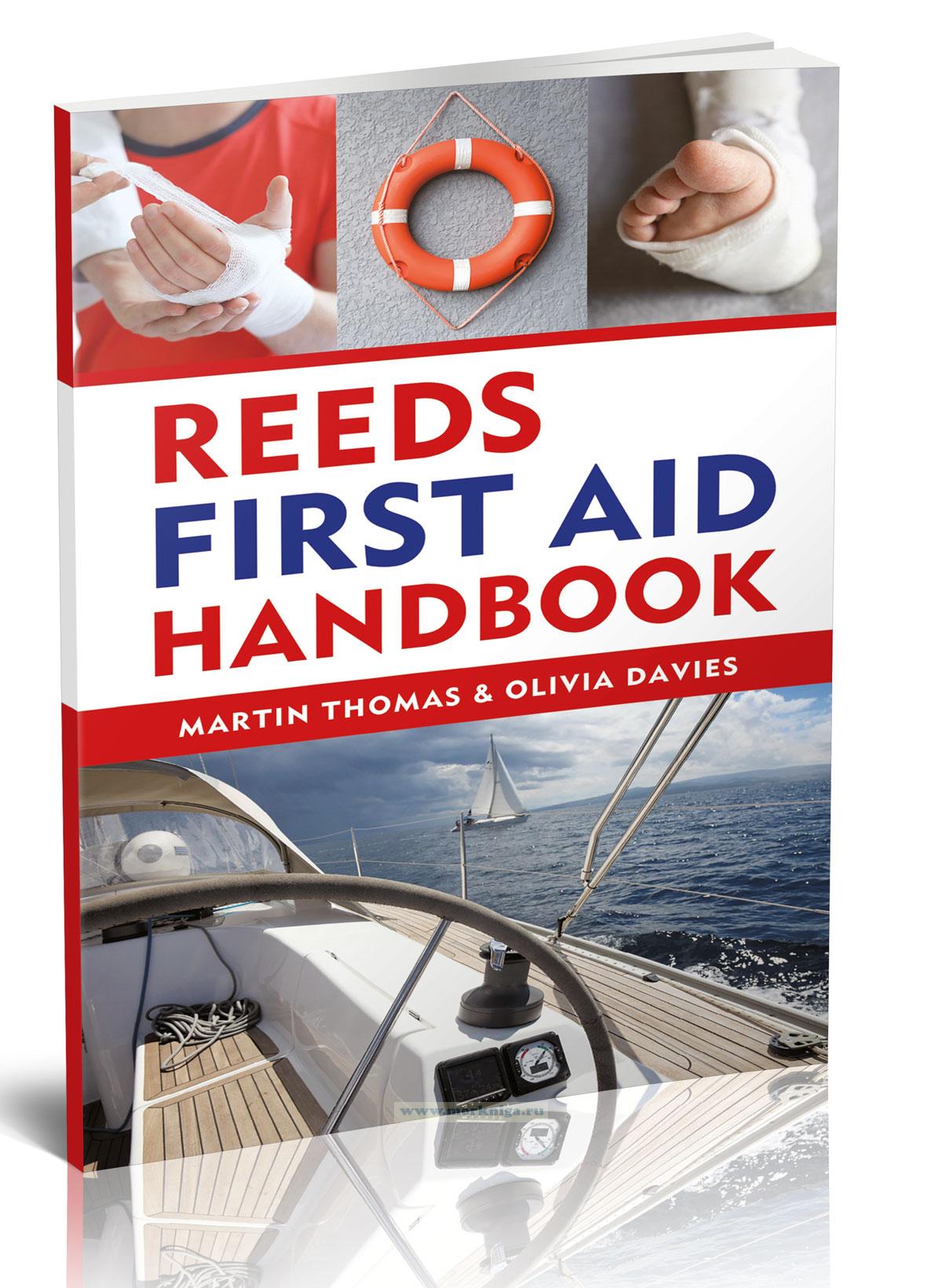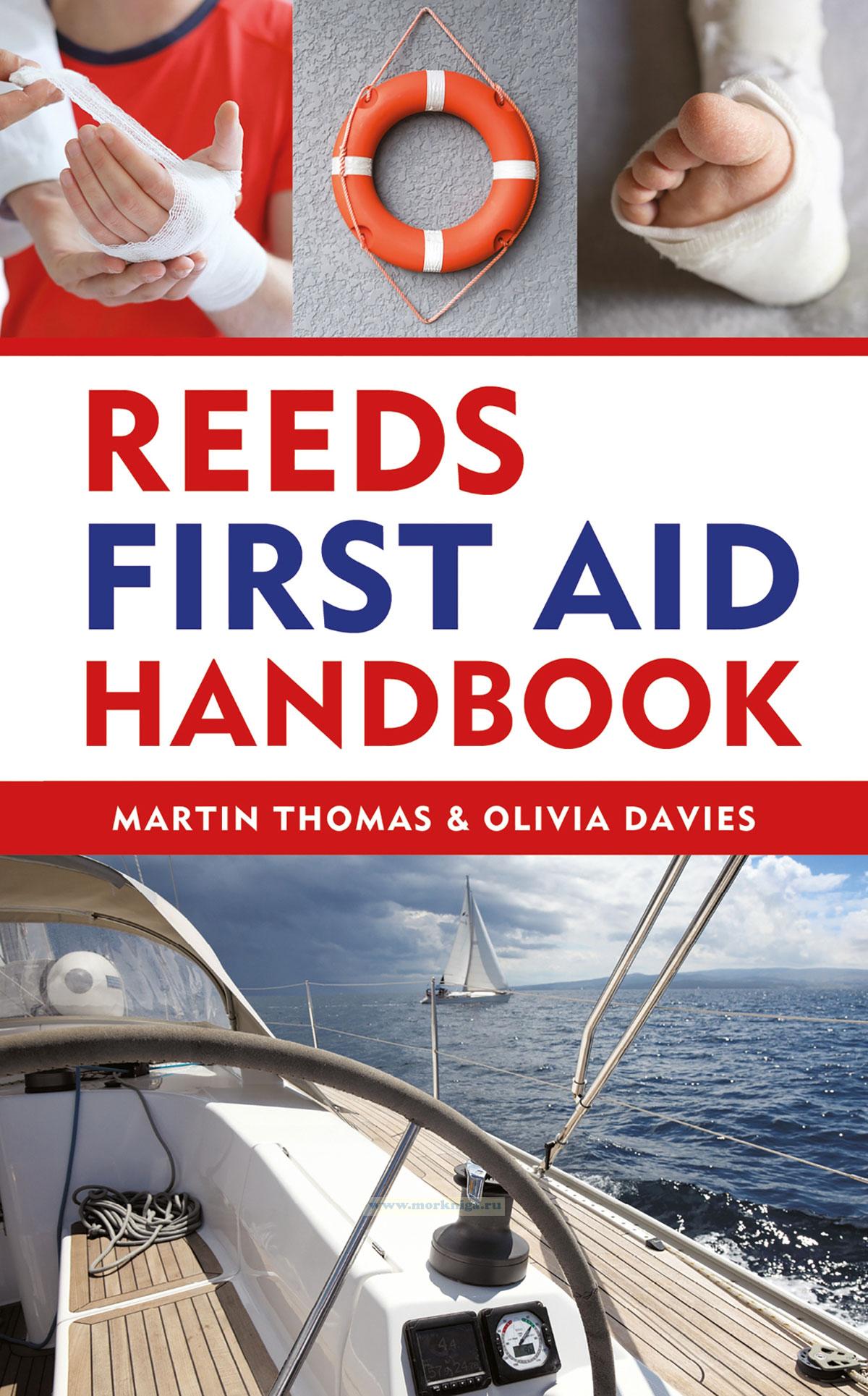Reeds First Aid Handbook/Руководство по оказанию первой помощи Reeds
Книга на английском языке
This book is written for anyone who sets sail on a vessel without a medic aboard - so most vessels at sea.
Although there is a limit on what can be done on a small boat, nevertheless with appropriate intervention as described in this handbook, the medical condition of a patient can be significantly improved and in some circumstances lives can even be saved.
Skippers and their crew, especially long distance sailors, are advised to attend a training course in first aid. Advice on more expert interventions (from giving someone fluids intravenously to inserting a chest drain) are not offered in this handbook. These manoeuvres are potentially hazardous if attempted by non-medics unfamiliar and untrained in such techniques.
For bigger boats with a larger crew and for those travelling long distances to remote areas, it is advisable to have aboard a crew member designated as responsible for medical care. This person might be a medic, a nurse or someone who has specifically trained in first aid and marine or wilderness medicine.
См. также Reeds Weather Handbook
См. также Reeds Maritime Flag Handbook
См. также Reeds Knot Handbook
Contents
Introduction
Planning
Cold and fatigue
Seasickness
Prevention
Medication
Seasick crew
Drugs
Painkillers
Other drugs
Resuscitation
Airway
Breathing
Circulation
Chest compressions
Rescue breathing
Cardiopulmonary Resuscitation (CPR)
Recovery position
Choking
Unconscious crew
Trauma and injuries
Minor wounds: cuts and lacerations
Hands and feet
Bleeding
Fractures
Specific fractures
Head injuries
Burns
Hypothermia and drowning
Eyes
Ears
Nose
Teeth
Skin
Frostbite
Acute medical illness
Infections
Anaphylaxis
Diabetes
Chest disorders
Epilepsy
Stroke
Abdominal disorders
Urinary disorders
Gynaecological disorders
Bites and stings
Heat
Dehydration
Tropical diseases
Poisoning
Medical evacuation
Reasons for early or urgent medical evacuation
Medical kit
Drugs
Index

